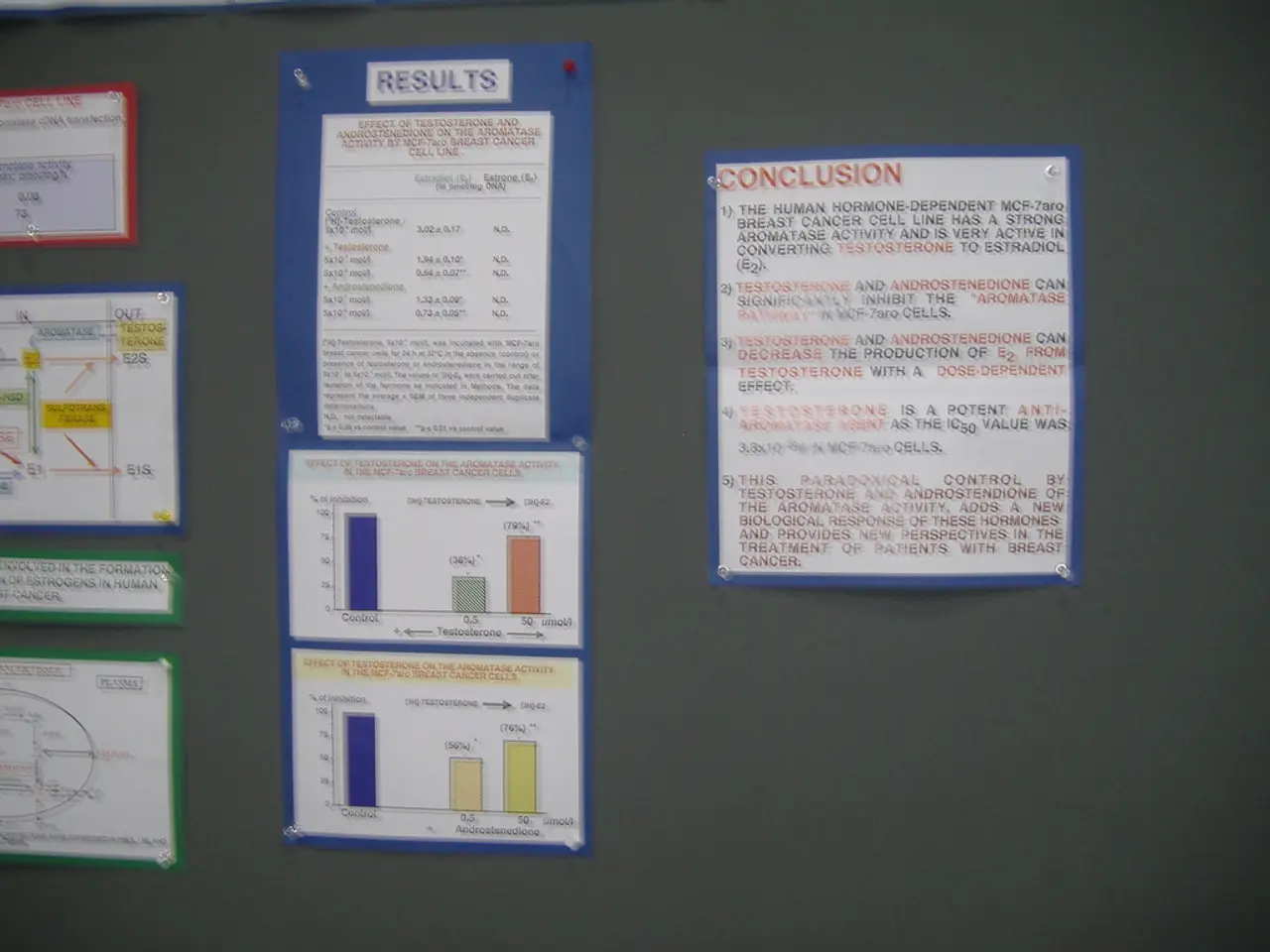Senate removes most retirement reductions from reconciliation bill, yet retains anti-government employee measures
The Senate Homeland Security and Governmental Affairs Committee has published an updated budget reconciliation package, which has sparked controversy among federal employee unions.
The proposed provisions, as described by Everett Kelley, National President of the American Federation of Government Employees, are a direct assault on federal employees and their labor unions. Kelley argues that the updated bill makes it harder for federal agencies to recruit and retain qualified employees.
Union leaders, including Doreen Greenwald, National President of the National Treasury Employees Union, and John Hatton, staff vice president for policy and programs at the National Active and Retired Federal Employees Association, have expressed concern about the potential negative impacts of the updated bill on federal employees, their unions, and the federal government as a whole.
One of the key concerns is the requirement for federal workers to pay a $350 filing fee to challenge an adverse personnel action before the Merit Systems Protection Board. Additionally, new federal hires will pay more than double toward the Federal Employees Retirement System (FERS) compared to feds hired after 2014, amounting to 9.4% of their basic pay.
Union leaders argue that the updated budget bill targets employees' unions and workplace rights. Proposals to charge federal employee unions for existing in the workplace are seen as punitive and a form of union-busting. Those who elect to accrue civil service protections in the updated budget plan will pay an additional 5 percentage points on top of that, or 14.4% of basic pay.
The updated bill also ramps up attacks on federal employee unions, requiring federal agencies to charge a 10% fee on automatic union dues payroll deductions and requiring labor groups to pay rent on office space and other use of agency property.
Doreen Greenwald characterizes these proposals as "gouging" civil servants, making it harder for the federal government to compete for skilled employees due to lower take-home pay for new hires. John Hatton expresses concern about the high retirement contribution levels for new hires in the updated budget plan, suggesting it could potentially undermine the entire retirement system.
Union leaders warn that the updated budget bill could lead to employees having little-to-no rights, don't earn enough to survive, and could see their jobs vanish with no warning. They also fear that the bill could negatively impact career progression and increase precarity for newer federal staff.
Trade unions and employee representatives have opposed the approach towards newer federal employees contained in the Senate version of the budget reconstruction package. Their main concerns include potential reductions in benefits, negative impacts on career progression, and increased precarity for newer federal staff.
The updated budget reconciliation bill aims to cut federal spending to partially pay for tax cuts for the wealthy and increased immigration enforcement. The Senate Republicans' budget reconciliation package has been updated at 5:08 ET.
The updated bill does away with several provisions that would have reduced federal workers' retirement benefits. However, the overall impact on federal employees remains a topic of ongoing debate and concern.








